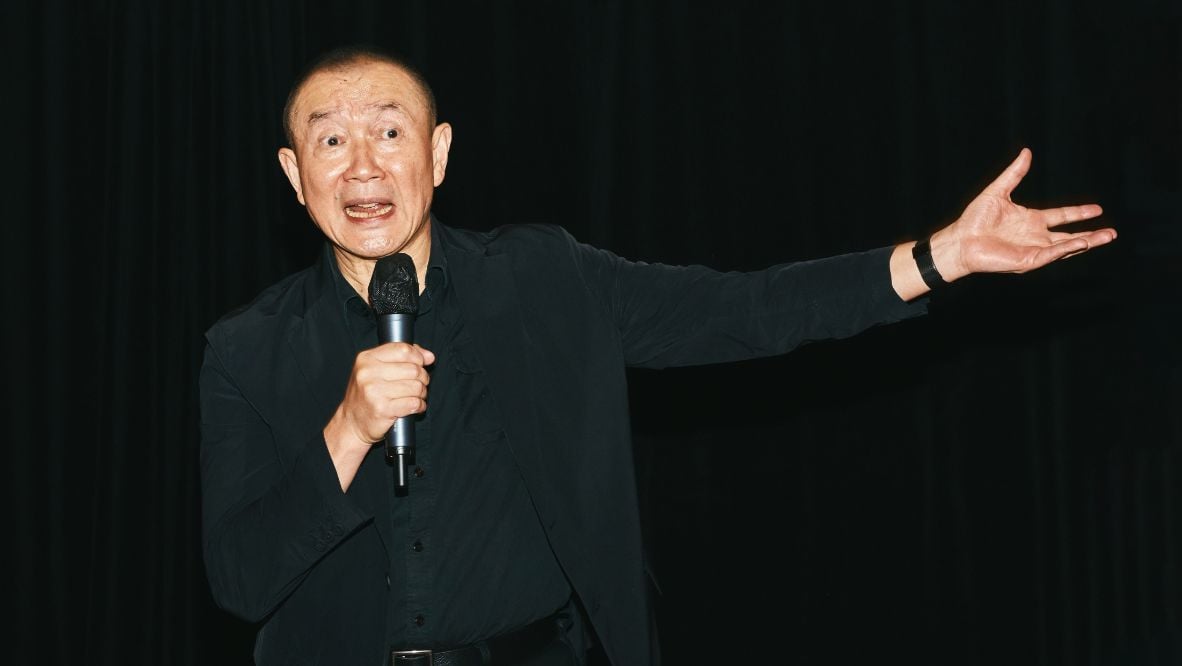The Oscar and Grammy award-winning composer, who’s curating a music festival in the city, says why he thinks Hong Kong’s cultural and music education is among the best in the world
Oscar and Grammy-winning Chinese American composer Tan Dun—who’s famous for his film score in Ang Lee’s Crouching Tiger, Hidden Dragon (2000), is in Hong Kong this month to launch the Tan Dun We-Festival, a musical extravaganza that brings together local talents such as soprano Louise Kwong and pianist Rachel Cheung, as well as international musicians, orchestras and rock bands.
In January 2023, Tan was appointed by Hong Kong’s Culture, Sports and Tourism Bureau as the city’s Ambassador for Cultural Promotion (ACP) for five years—and this festival is one of his major initiatives. Taking place at Hong Kong Cultural Centre, it features three events: Opera and Dance Theatre on December 6 and 7, When Bach Meets Genghis Khan concert on December 9 and 10, and a symposium about these two concerts on December 10.
Read more: 5 Ang Lee movies—from ‘Life of Pi’ to ‘Brokeback Mountain’—everyone should watch at least once


The first event highlights three pieces of folk music-centred works: Shaman Tea Ritual sung in the Yunnan dialect; Deer of Nine Colours and Heart Sutra, two Buddhist stories sung in Cantonese, Tibetan, Mongolian and Mandarin; The Rite of Spring by Russian composer Igor Stravinsky paired with contemporary dance and traditional Chinese percussion. The second show features German composer Johann Sebastian Bach’s music paired with Mongolian rock band Hanggai’s songs, with additional performances by Chinese folk singer Tan Weiwei accompanied by a western orchestra.
At first glance, the two concerts, which last for about two hours each, seem an ambitious undertaking of a wide variety of genres and musical names. But Tan claims that “they are not as randomly selected as you think. Who invented the strings? Italy. What do we think of when it comes to France? The bassoon. What about the 1,000-year-old tradition of China? It’s percussion.” The performances spotlight these traditional aspects of music from different cultures, weaving them together to tell universal stories of nature and human emotions. “If the totem of western classical music is Bach, the totem of the Mongolians is nature and Genghis Khan.”
In case you missed: AI and its role in society examined in ‘Hè Rite of Spring’, Miranda Chin’s latest adaptation of Stravinsky’s 1913 ballet for French May


